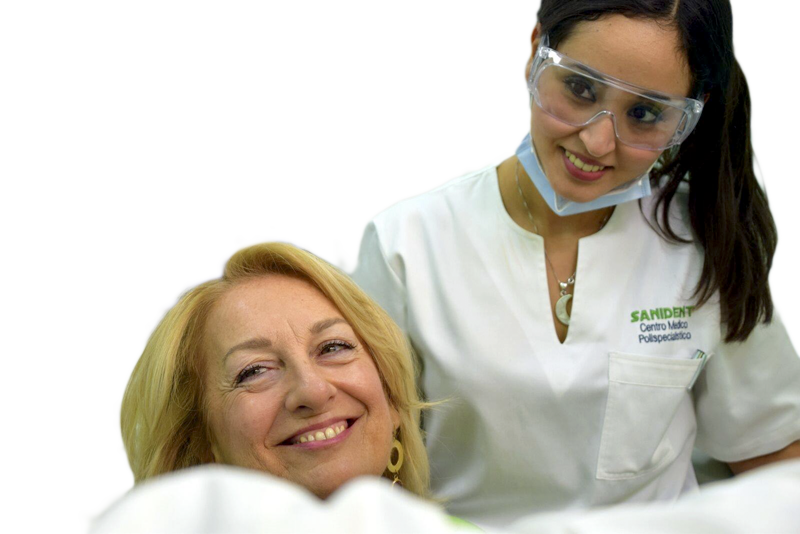Burning mouth syndrome is a pathology that affects the oral mucous membranes, however, unlike other diseases involving oral tissues and mucosa, burning mouth syndrome does not present obvious symptoms.
The importance of a correct diagnosis
Feeling a burning sensation in the mouth could be an underestimated symptom, sometimes the disease also manifests itself with other symptoms such as tingling or numbness of the oral tissues.
It is essential to contact your dentist right from the first symptoms, a timely diagnosis can safeguard the patient’s health.
The diagnosis of burning mouth syndrome can only be accurate if a careful history of the patient is performed, contacting dentists with specialized skills at this stage can make the difference.
Burning mouth syndrome is a pathology that can get worse in a very short time. Patients usually report that the burning in the mouth increases until it becomes unbearable. Most patients report that the burning becomes more intense during the evening hours, while it decreases during the main meals.
The decrease in pain during main meals would be linked to a “distraction” of the neurological system involved in chewing and saliva production.
Unlike other pathologies of the oral cavity, burning mouth syndrome does not present lesions of the oral mucosa, so the diagnosis is based exclusively on the symptoms reported by the patient. We therefore proceed by exclusion starting from systemic diseases, including diabetes which among its symptoms also has burning in the mouth.
The origin of burning mouth syndrome
Numerous experimental studies have been carried out and the data that emerged has confirmed that it is a neuropathy, i.e. an organic damage to the nervous system. The origin of the burning in the mouth is probably due to a peripheral receptor defect, a defect in the transmission along the small nerve fibers at the level of the oral mucosa or a wrong interpretation of the stimuli at a central level.
The cause of this damage to the nervous system is still unknown.
Multidisciplinary approach and therapy
In planning the treatment for burning mouth syndrome it is important that the dentist is in close contact with a neurologist both to validate the type of diagnosis and also evaluate together the treatment to be followed.
In addition to the checks that can be carried out in the dental clinic, the patient must also undergo neurological examinations.
Pathologies that may seem purely dental such as hypersensitivity of the teeth, which occurs in patients with burning mouth syndrome, may instead have an alteration of the nervous system at the origin.
The emotional factor
Patients suffering from chronic burning in the mouth must face a disabling pathology that often takes a long time before being diagnosed with certainty. This leads to states of anxiety or even depression.
The emotional factor therefore plays a fundamental role also in the phase of the treatment of the pathology. With a view to a multidisciplinary approach that looks at the overall well-being of the patient, it is important that psychological support is also used.
The treatment of burning mouth syndrome
Burning mouth syndrome should be treated like all neuropathic disorders. The treatment involves the use of:
- anticonvulsant drugs
- low-dose antidepressants to inhibit the genesis of pain at a peripheral level
- gamma aminobutyric acid-based drugs that reduce the perception of pain at a central level
However, therapy must be personalized because some patients respond better to one molecule than another. Furthermore, all patients must be encouraged to maintain a good relationship, work and family life.


















